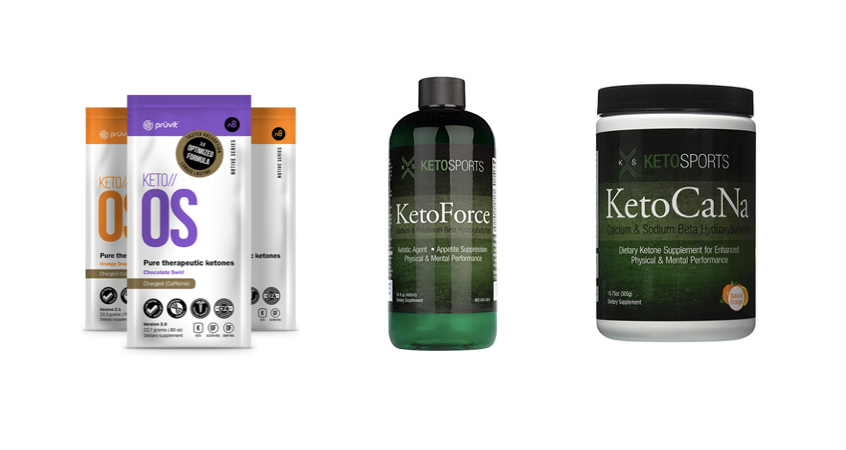Ketosis refers to a special state of their metabolism that was originally normal for humans - before agriculture and thus carbohydrates came up in larger quantities. In this state, the concentration of ketone bodies (more precisely: acetoacetate, 3-hydroxybutyrate, acetone) in the blood and between cells increases. The ketone bodies become the body's primary source of energy. And thus replace glucose as an energy source from the breakdown of carbohydrates. The body now produces the energy by breaking down fatty acids into so-called ketone bodies (ketones for short) in the liver and using these as an energy supplier. Ketones are also a brain nutrient — without the need for sugar. The brain is normally supplied with energy via glucose, i.e. sugar that results from the breakdown of carbohydrates. This is why you sometimes hear the myth that the brain needs sugar in order to function. However, when there is no more glucose available, the body switches to ketosis. Otherwise, mankind would probably have died out long ago, since carbohydrates were not always available in the past and the body had to fall back on fat reserves and thus ketones in times of hunger. In contrast to normal fatty acids, ketones can cross the blood-brain barrier and serve as an energy source for the brain and the entire body. This new (actually old) and natural brain food changes thinking: Easier. alert. More quickly. more creative.
Exogenous ketones
In contrast to endogenous ketones, which are produced in the body in the state of ketosis by the body itself in the liver via the process of ketogenesis, exogenous ketones are supplied from outside. Exogenous ketones are manufactured in powder or liquid form containing ketone salts and ketone esters.
Why exogenous ketones?
In short: to increase energy levels and stabilize blood sugar. The liver lacks the enzyme 3-ketoacid-CoA-transferase without being able to obtain energy from ketone bodies. However, in other organs, such as the central nervous system, the brain or the muscles, the ketones can be metabolized by means of ketolysis (breakdown of the ketone bodies). While ketogenesis (creation of ketone bodies) produces ketone bodies from broken down and activated fatty acids (acetyl-CoA), ketolysis converts them back to acetyl-CoA. This then enters the citric acid cycle (also known as the Krebs cycle or citric acid cycle) and is metabolized there, creating energy. This energy is stored in the form of adenosine triphosphate (ATP). ATP is the universal and immediately available energy carrier in our cells and is important for the regulation of energy-supplying processes.
The ketogenic diet is something that I recommend/use for about 80% of my clients because they are the most efficient in everyday life and sports. As a snack, the exogenous ketones fit very well into the daily routine and have the advantage that they do not bring the body out of ketosis like many other snacks would. Based on previous studies and reports, they induce ketosis even faster and thus an optimal metabolic state for potential fat burning.
Finally, one more point is crucial: exogenous ketones are not a “magic weight loss get shredded supplement”. I view exogenous ketones as an inefficient "fat loss" supplement. In order to lose body fat, sleep, lifestyle and diet have to fit. This process can be accelerated through training and supplements. However, exogenous ketones belong in the premium high performance snack category. And are the best in this category that I have used as an efficient snack to date.
Good luck with exogenous ketones in your diet!

